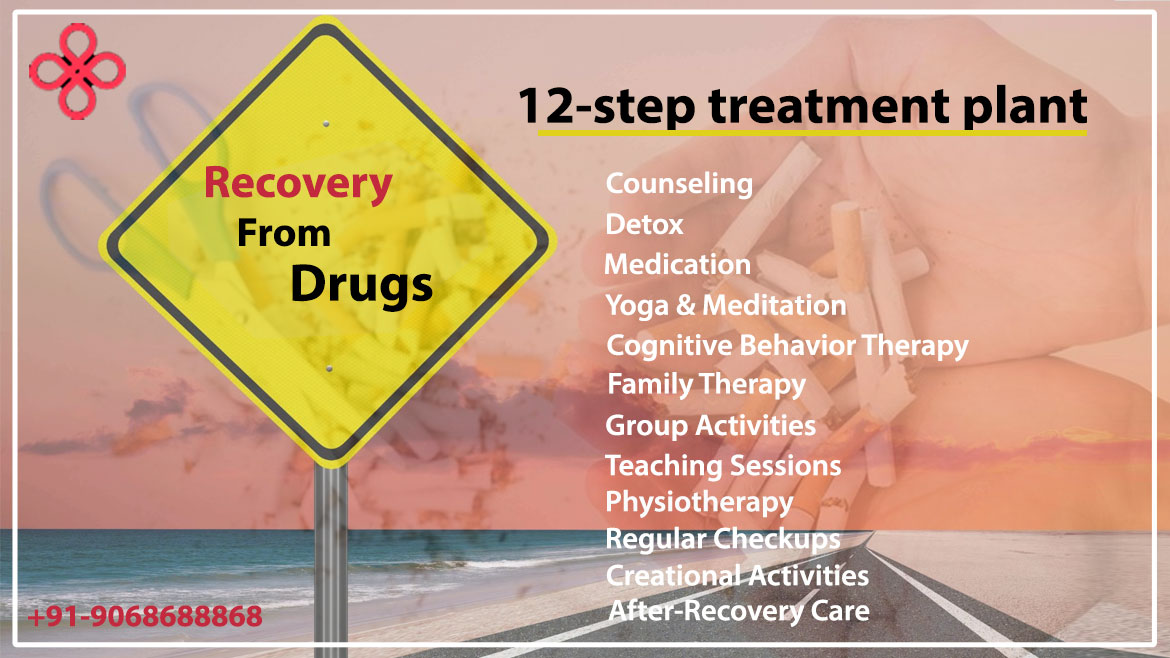
Alcohol’s journey from a casual indulgence to a serious addiction often follows a subtle yet powerful process. It not only affects your physical health but also rewires your brain’s reasoning abilities, leading you into a trap of dependency. Here’s how alcohol penetrates your reasoning to make you an addict:
1. Initial Appeal: The Promise of Pleasure
Alcohol often enters your life as a social lubricant or stress reliever. It activates the brain’s reward system by releasing dopamine, the “feel-good” chemical, creating an association between drinking and pleasure.
2. Impaired Decision-Making
With regular consumption, alcohol begins to impair the prefrontal cortex, the part of the brain responsible for decision-making and impulse control. This makes it harder to resist the temptation of another drink, even when you know it’s unhealthy.
3. Normalizing Excessive Drinking
Over time, the brain adapts to alcohol by reducing its natural dopamine production. This desensitization leads to needing more alcohol to achieve the same euphoric effects, a phenomenon known as tolerance. The increased intake starts feeling “normal,” overriding logical reasoning.
4. Emotional Manipulation
Alcohol interferes with the amygdala, the brain’s emotional center. It dulls your ability to process emotions and can create a cycle of drinking to escape negative feelings like stress, anxiety, or guilt. This self-medication can deepen dependency.
5. Memory and Cognitive Distortions
Chronic alcohol use impacts the hippocampus, the region responsible for memory and learning. It creates cognitive distortions, like justifying drinking behaviors (“I’ve had a tough day” or “One drink won’t hurt”) and ignoring negative consequences.
6. Loss of Control: The Addiction Loop
As alcohol continues to dominate the brain’s reward and reasoning systems, the cycle of cravings and consumption becomes self-sustaining. The initial choice to drink turns into a compulsion, leaving the individual trapped in addiction.
Breaking Free: Seeking Help
Understanding how alcohol manipulates your brain and reasoning is the first step toward breaking free. Support from professionals, such as those at a Nasha Mukti Kendra in Ghaziabad or a rehabilitation center, can help you regain control over your life through therapy, counseling, and lifestyle changes.
Remember, addiction is a disease, not a moral failing. With the right guidance and determination, recovery is achievable.





Leave a Reply